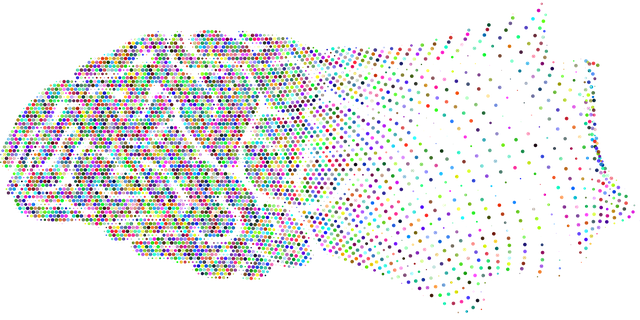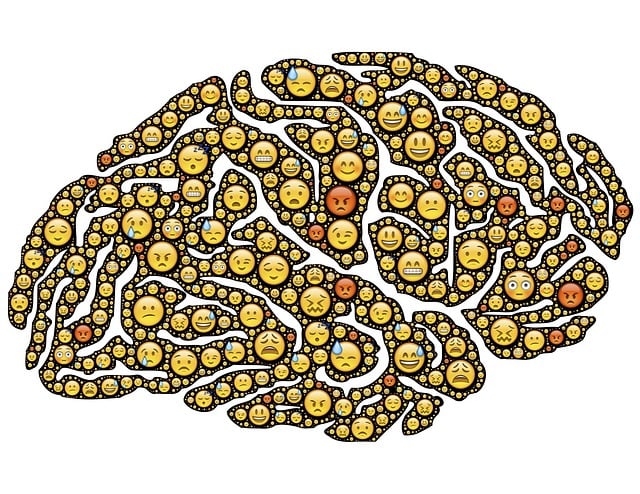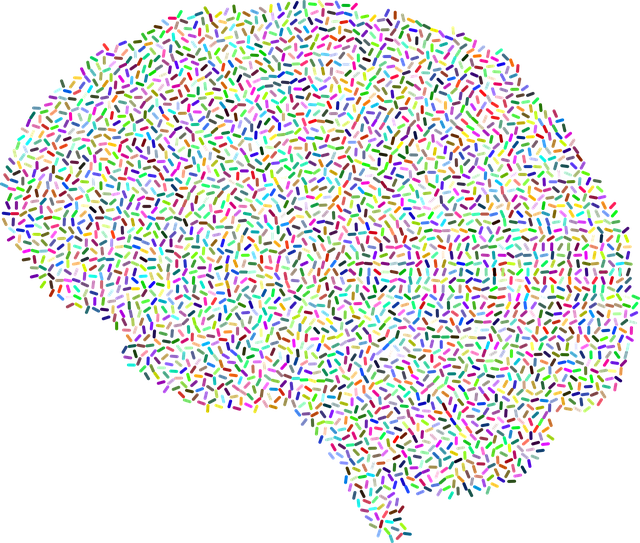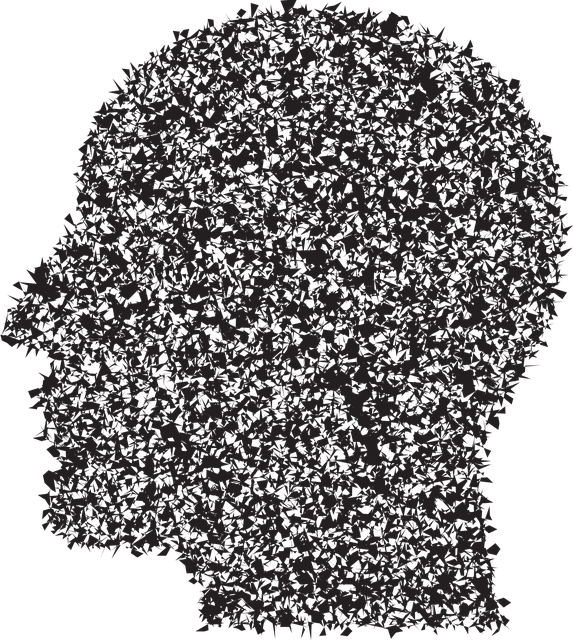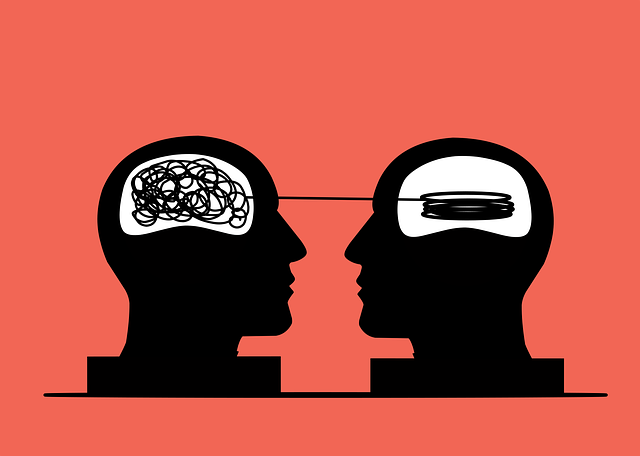Mental health challenges among older adults, often overlooked due to ageism and comorbidities, significantly impact quality of life during major life transitions like retirement or loss. Advanced diagnostic tools, specialized therapy methods (e.g., CBT) by therapists trained in elder care, and multi-disciplinary collaboration enhance accuracy. Tailored interventions empower seniors to actively manage mental health, improving well-being through emotional regulation and self-care practices during these changes, especially with proactive mental wellness coaching like journaling.
Mental illness diagnosis accuracy is paramount in ensuring effective treatment for older adults, who often face unique challenges. This article explores strategies to enhance diagnosis precision, focusing on common mental health disorders among seniors and their profound impact. We delve into advanced assessment techniques, the critical role of therapy during major life transitions, and the benefits of multidisciplinary support systems tailored to elders’ complex needs. By integrating these efforts, we aim to improve care and outcomes for this vulnerable population.
- Understanding Mental Health Challenges in Older Adults: Unveiling Common Disorders and Their Impact
- Enhancing Diagnosis Accuracy: Incorporating Advanced Assessment Techniques and Tools
- The Role of Therapy in Accurate Diagnoses: Targeting Elders' Unique Needs during Major Life Transitions
- Building Comprehensive Support Systems: Multi-Disciplinary Approaches for Improved Diagnosis and Care
Understanding Mental Health Challenges in Older Adults: Unveiling Common Disorders and Their Impact

Understanding mental health challenges among older adults is a crucial step toward enhancing diagnosis accuracy. This demographic faces unique obstacles that can lead to various mental disorders, often overlooked or misdiagnosed due to age-related stereotypes and comorbidities with physical health issues. Common conditions include depression, anxiety disorders, and cognitive impairments such as dementia and Alzheimer’s disease. These disorders significantly impact the quality of life for seniors, affecting their ability to perform daily tasks, maintain social connections, and manage major life transitions like retirement or loss of a loved one.
The complexity of these challenges necessitates tailored approaches, including therapy interventions specifically designed for elders. Incorporating emotional intelligence in therapeutic settings can enhance the understanding and empathy between caregivers and patients. Additionally, promoting mental wellness coaching programs and self-care practices can empower older adults to actively manage their mental health, complementing traditional treatment methods.
Enhancing Diagnosis Accuracy: Incorporating Advanced Assessment Techniques and Tools

Mental health professionals are continually striving to improve diagnosis accuracy, especially when it comes to older adults undergoing significant life transitions. Incorporating advanced assessment techniques and tools is a game-changer in this endeavor. One such tool involves utilizing specialized questionnaires and surveys tailored for older individuals, which can help uncover subtler symptoms often associated with mental illness during times of change. For instance, these assessments may delve into the emotional adjustments and self-care practices of seniors, areas that are crucial yet often overlooked.
Additionally, integrating evidence-based therapy methods, such as cognitive-behavioral therapy (CBT), can significantly enhance diagnosis accuracy. CBT is particularly effective in addressing anxiety relief and improving self-esteem, common challenges during major life transitions. By combining these advanced assessment techniques with tailored therapeutic interventions, mental health professionals can ensure more precise diagnoses and develop personalized treatment plans for older adults, fostering better mental well-being.
The Role of Therapy in Accurate Diagnoses: Targeting Elders' Unique Needs during Major Life Transitions

Therapy plays a pivotal role in achieving accurate mental illness diagnoses for elders, especially during significant life transitions. As individuals age, they often face unique challenges that can mask underlying mental health issues. Major life transitions, such as retirement, the loss of a spouse, or moving to a new living arrangement, can trigger or exacerbate existing conditions like depression and anxiety. Therapists who specialize in working with elders are trained to recognize these subtle shifts and understand the impact of age-related changes on mental well-being.
Through targeted therapy sessions, elders can explore their emotions, improve self-esteem, and develop healthier coping mechanisms. This is particularly crucial as it helps prevent or manage conditions like depression, which is prevalent among older adults. By focusing on emotional regulation, therapists enable individuals to navigate life transitions with greater resilience, ensuring that any potential mental health concerns are accurately identified and addressed in a timely manner.
Building Comprehensive Support Systems: Multi-Disciplinary Approaches for Improved Diagnosis and Care

Improving mental illness diagnosis accuracy requires a multifaceted approach, particularly when addressing the unique challenges faced by older adults undergoing major life transitions. Building comprehensive support systems involves integrating multi-disciplinary practices within healthcare settings. This collaborative effort can significantly enhance diagnostic precision and care outcomes. For instance, a team comprising psychiatrists, psychologists, social workers, and geriatric nurses can collectively assess an individual’s mental health status, considering biological, psychological, and socio-environmental factors.
By incorporating therapy for elders tailored to their specific life transitions—such as retirement or loss of a loved one—support systems can offer personalized care. Additionally, encouraging mental wellness through journaling exercises can aid in self-reflection and communication with healthcare providers. This proactive approach, coupled with advocacy for robust mental health policy analysis and guidance, ensures that older adults receive timely, accurate diagnoses and access to evidence-based treatments, ultimately improving their mental wellness outcomes.
Accurately diagnosing mental illness in older adults requires a multifaceted approach. By incorporating advanced assessment techniques, tailored therapy for elders’ unique needs during major life transitions, and building comprehensive multi-disciplinary support systems, we can significantly improve diagnosis accuracy and care. These efforts not only enhance the quality of life for seniors but also ensure they receive the appropriate treatment and support they need to navigate these challenges effectively.


